
Is there a process for writing a novel?

“Is there a process for writing a novel, or does everyone just figure out what works for them? I feel like I’m making it up as I go and wondering if that’s normal.“
This is a question that writers, especially new writers, ask across the board. Is there a process, a right way of creating the story, and am I doing it the best way possible?
If you’re interested in efficiency, you might hate the idea of moving full steam ahead on a project without knowing whether you’re using the best process for writing. So many writers provide “helpful” tips like “write every day.” When you think about it, that’s rather a worthless bit of advice, isn’t it? So what if I write every day? Am I writing in the right order? Will it all flow together in the end? What if I write every day, but none of it makes sense?
Well……
I’ve read a lot of books about writing and tried a lot of different processes. I’ve come to the conclusion, based on both research and practice, that there is no specific process for writing a novel. The number of workable processes is as abundant as the number of novels that exist.
But this is no reason to get discouraged!
We can still glean some wisdom from other writers who have finished novels and use their knowledge to help us finish our own. I love reviewing the details, however great or small, that other writers give to offer glimpses into their personal writing processes. These are some of the quotes that have helped me create my own personal process. I tend to operate in a more intuitive style than a direct, organised approach, feeling personally that a story must unfold naturally in order to flow in a way that makes sense to me. And I personally love the sandbox imagery! It makes the idea of a process seem more playful and far less serious and rigid.
What we can learn from other writers
The beauty of writing is that every author’s journey is unique, yet we can all learn from each other’s experiences. Some of the most insightful wisdom about the writing process comes from those who have walked this path before us. These writers don’t just tell us what to do, they share their personal relationships with the process, their struggles, and their moments of revelation.
What’s particularly striking about these perspectives is how they embrace the messiness and uncertainty of the creative process. Rather than prescribing rigid rules, they offer metaphors and frameworks that can help us understand our own approach to writing. Here are some particularly illuminating quotes that capture different ways of thinking about the writing process:
“I’m writing a first draft and reminding myself that I’m simply shoveling sand into a box so that later I can build castles.”
Shannon Hale
“I long ago abandoned myself to a blind lust for the written word. Literature is my sandbox. In it I play, build my forts and castles, spend glorious time.”
Rabih Alameddine
“I write just about everything piecemeal…It’s effective because it works; I’m never held up stewing about What Comes Next— I don’t care what comes next, I just care about something I can see happening. The order of the happening has a logic to it (often, more than one), and that will become clear to me as I work.”
Diana Gabaldon
“I think there are two types of writers, the architects and the gardeners. The architects plan everything ahead of time, like an architect building a house. They know how many rooms are going to be in the house, what kind of roof they’re going to have, where the wires are going to run, what kind of plumbing there’s going to be. They have the whole thing designed and blueprinted out before they even nail the first board up. The gardeners dig a hole, drop in a seed and water it. They kind of know what seed it is, they know if planted a fantasy seed or mystery seed or whatever. But as the plant comes up and they water it, they don’t know how many branches it’s going to have, they find out as it grows. And I’m much more a gardener than an architect.”
George R.R. Martin
Common writing processes
While there’s no “right” way to write a novel, there are several common approaches that writers tend to gravitate toward. Understanding these can help you find or develop a process that works for you:
The Plotter
- Creates detailed plot outlines before writing.
- Develops character profiles and backstories.
- Maps out story beats and major plot points.
- Researches extensively before drafting.
- Works from a structured chapter plan.
The Pantser
- Starts with a basic premise or character.
- Lets the story unfold organically.
- Discovers the plot through writing.
- Makes notes about story elements as they emerge.
- Revises extensively after the first draft.
The Plantser
- Combines planning and discovery writing.
- Creates loose outlines that allow for flexibility.
- Plans major plot points but discovers the connections as they write.
- Develops some characters fully while letting others evolve organically.
- Adjusts the outline as the story develops.
Finding your process
The key to developing your own writing process is experimentation. Try different approaches and take note of what works best for you:
- Start small
- Test different methods on short stories.
- Try writing scenes both with and without outlines.
- Experiment with different planning tools and software.
- Practice different prewriting techniques.
- Observe your natural tendencies
- Notice when you feel most productive.
- Pay attention to what blocks your progress.
- Identify your preferred writing environment.
- Recognise your natural storytelling style.
- Adapt and combine methods
- Take elements from different approaches.
- Modify existing processes to suit your needs.
- Be flexible and willing to change methods.
- Create hybrid systems that work for you.
Remember, your writing process can and should evolve as you grow as a writer. What works for one project might not work for another, and that’s perfectly fine. The goal is to find methods that help you tell your stories effectively and enjoyably.


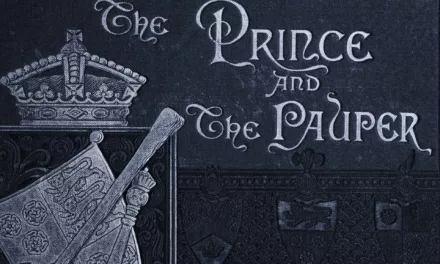


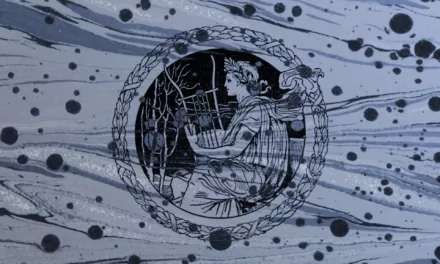
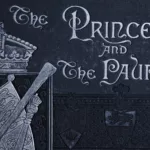

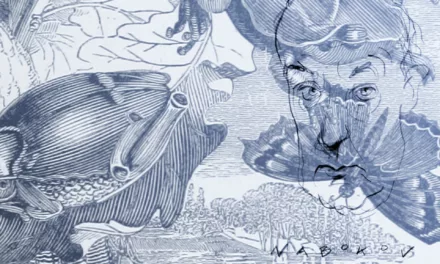














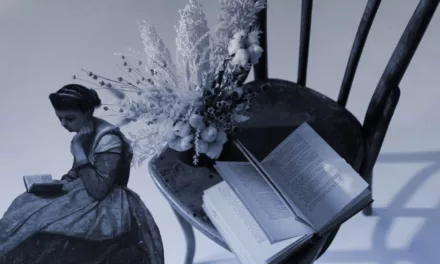






I like the idea of being a gardener. Sounds a heckuva lot better than being a pantser. My characters come alive and talk to me at the oddest of times. There may be a couple of days I’m not at the keyboard, then a character comes to view and tells me the next chapter or three. My story lives and grows. I’m having so much fun in novel four. Thinking ahead, as a gardener, I must be aware of the weeds that creep in and threaten to push or stunt new growth. I’m confident ProWritingAid and Fictionary will help me wield the hoe.
I love that idea too! What a beautiful analogy.